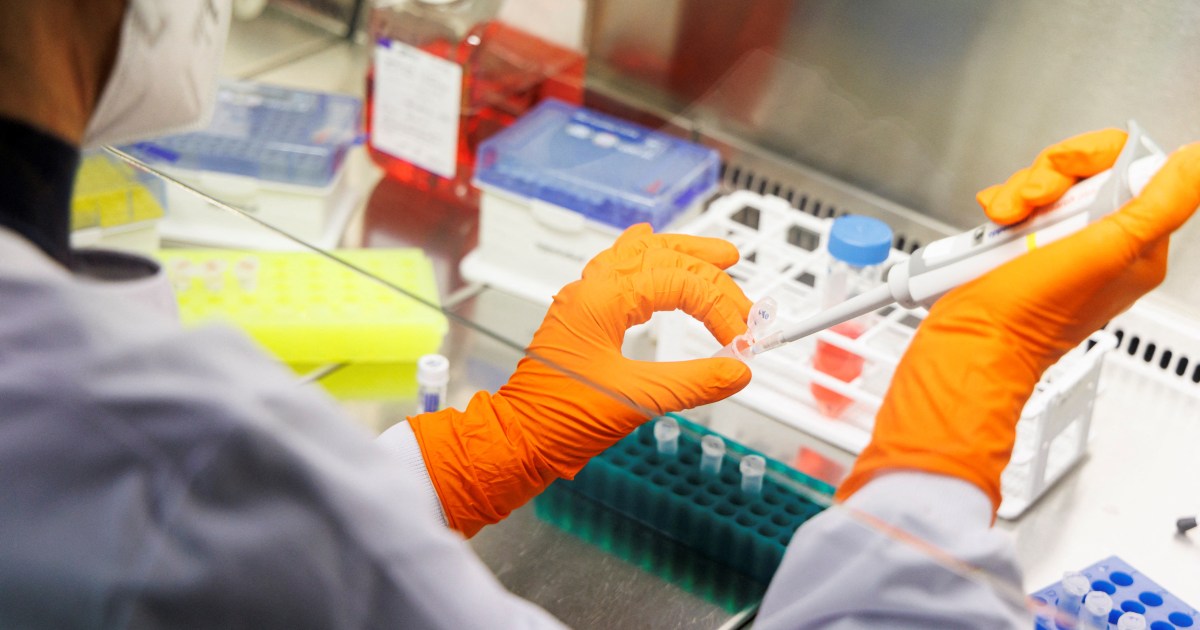The World Health Organization said Monday that there is no need to fear at the present time that the spread of monkeypox will turn into a pandemic, after 400 cases of the disease were recorded outside the African continent.
In response to a question during a press briefing about the possibility of this viral disease turning into a global epidemic, Rosamund Lewis, WHO's chief expert on monkeypox, said that "at the moment, we are not concerned about a global epidemic."
"It is still possible to stop this epidemic before it spreads," she added.
Since Britain announced on May 7 that it recorded the first confirmed case of monkeypox, nearly 400 cases have been reported to the World Health Organization in about 20 countries where this type of disease usually does not appear.
The WHO said it was concerned about this "unusual situation" but reassured that there was no reason to panic.
Monkeypox - according to the World Health Organization - is a rare zoonotic viral disease (the virus is transmitted from animal to human), and the symptoms of human infection with it are similar to those of people with smallpox, but are less severe.
Some patients develop enlarged lymph nodes before a rash appears, a feature that distinguishes monkeypox from other similar diseases.
There is no treatment or vaccine currently available to combat this virus, but vaccination against smallpox has proven highly effective in preventing monkeypox.
Monkeypox was first detected in the Democratic Republic of the Congo in 1970, and since then most cases have been reported in rural rainforest areas of the Congo Basin and West Africa.

